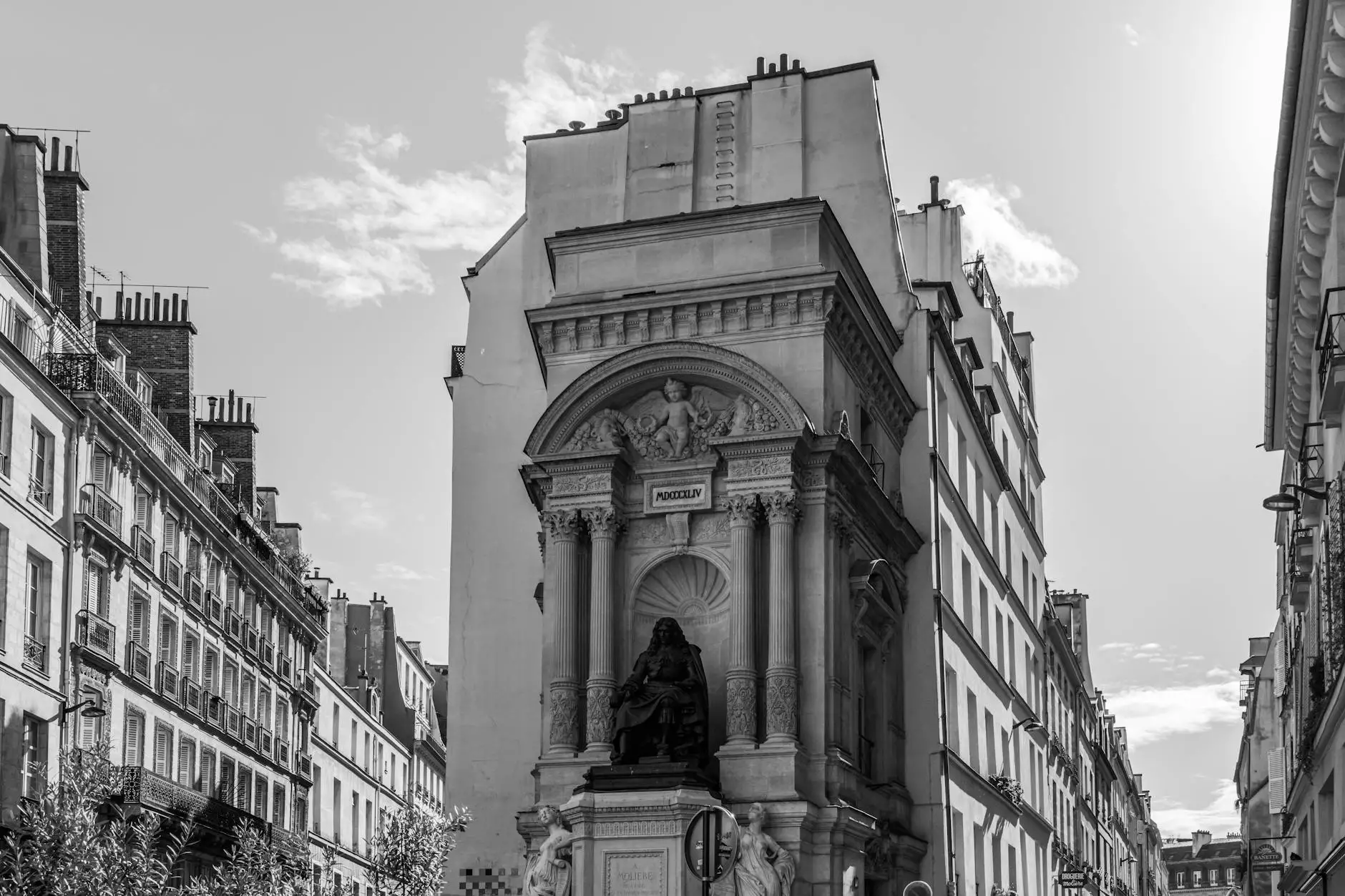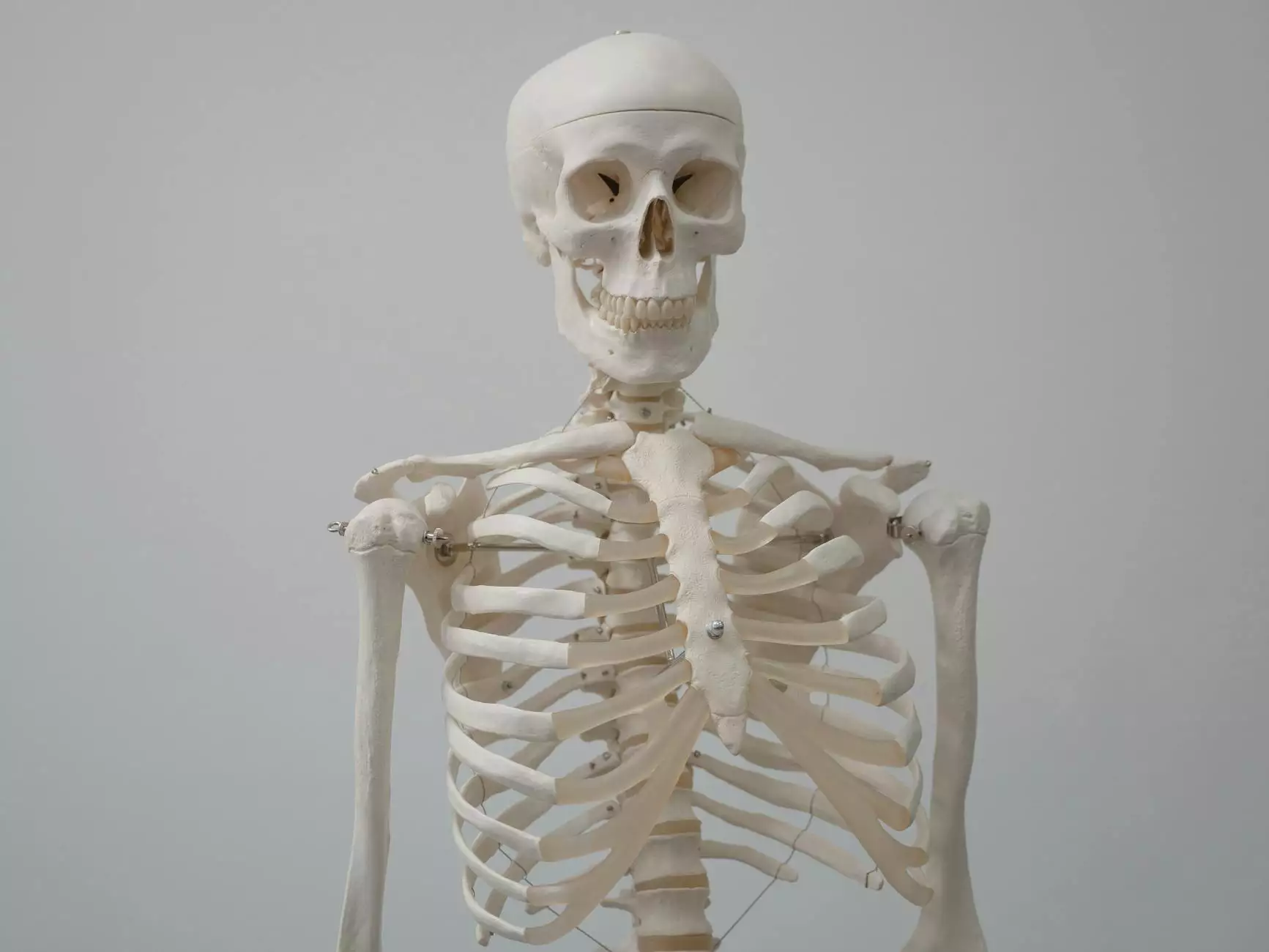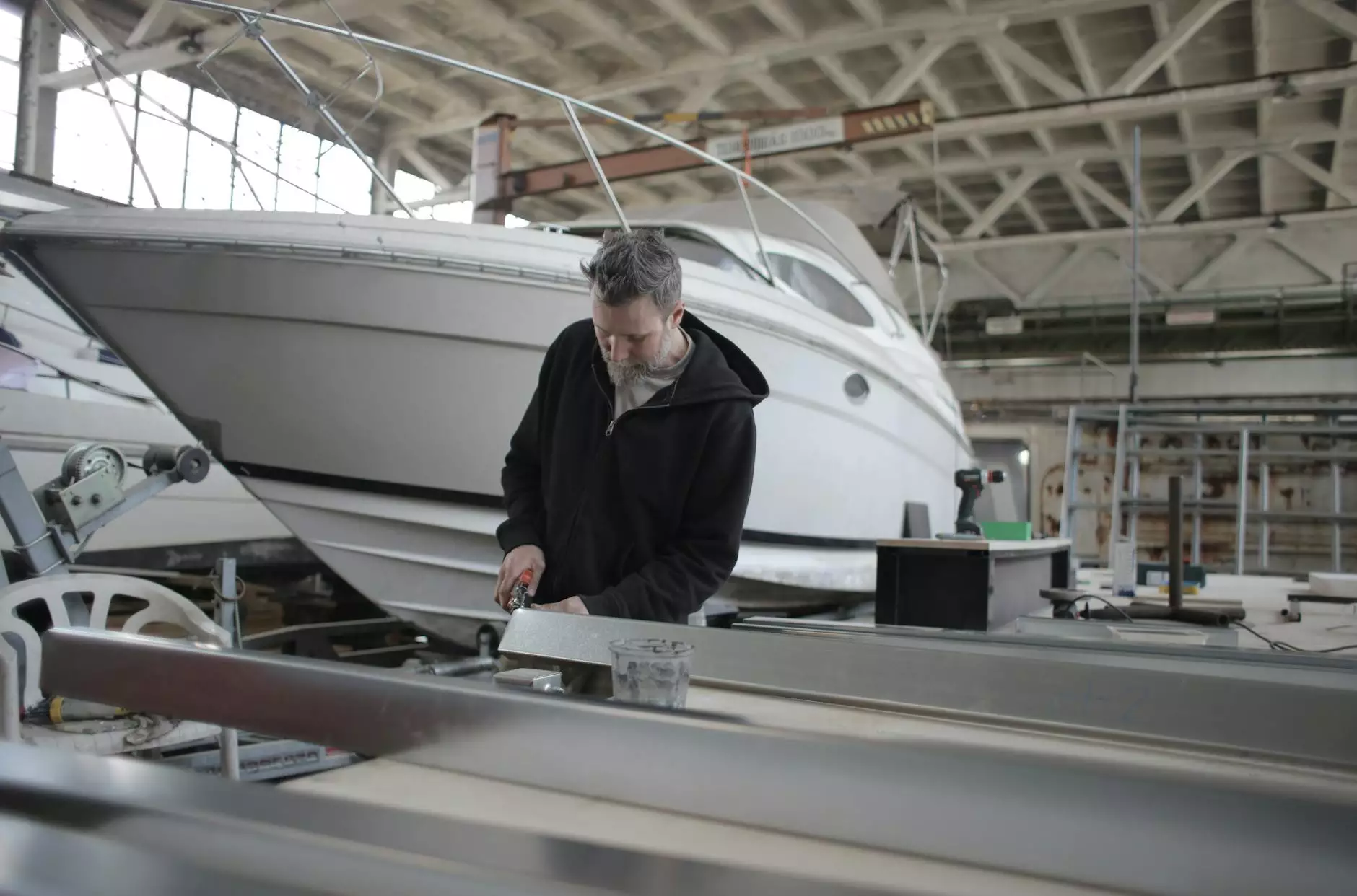Embracing Faith and Community: The Vibrant Role of Synagogues and Religious Organizations in NYC

New York City is a melting pot of cultures, beliefs, and traditions. Within this diverse urban tapestry, synagogues and religious organizations play a pivotal role in fostering community, providing spiritual guidance, and preserving rich cultural heritage. Among these organizations, Zion NYC stands out as a beacon of faith, hope, and community engagement.
The Significance of Synagogues in Modern Society
Synagogues are not merely places of worship; they are vibrant centers of communal life. They offer a sanctuary where individuals can connect with their faith, seek solace, and build relationships with others who share their beliefs. The significance of synagogues in modern society extends beyond religious practices to encompass social, educational, and cultural dimensions.
Spiritual Growth and Community Engagement
At the heart of every synagogue is a commitment to spiritual growth. Through prayer, study, and community service, synagogues inspire individuals to deepen their faith and understanding of their traditions. They provide a space for educational programs that cater to all ages, from children learning about their heritage to adults seeking a deeper connection to their spiritual roots.
- Bar/Bat Mitzvah Programs: These programs are essential milestones in Jewish life that educate young members about their responsibilities within the community.
- Adult Education Classes: Many synagogues offer classes for adults, allowing them to explore theological and philosophical questions.
- Community Service Initiatives: Synagogues often engage in social justice efforts, encouraging members to volunteer and give back to those in need.
Religious Organizations: A Broader Perspective
In addition to synagogues, religious organizations across New York City serve various faith communities, each contributing uniquely to the cultural landscape. These organizations offer similar opportunities for spiritual enrichment, community bonding, and volunteerism.
Creating Support Networks
The role of religious organizations often extends to providing support networks for individuals and families facing challenges. Whether it's counseling services, community meals, or fundraising events, these organizations help to create a safety net for vulnerable populations. Activities that foster connections, such as social gatherings, celebrations of religious holidays, and outreach activities, are crucial in building relationships and developing enduring support systems.
Cultural Preservation and Awareness
Religious organizations are also vital in preserving cultural traditions and raising awareness about diverse practices. Events such as cultural festivals, speaker series, and interfaith dialogues promote understanding and respect among different communities. They encourage sharing stories, rituals, and customs, thereby enriching the overall cultural experience of residents and visitors alike.
The Role of Churches in NYC's Religious Landscape
Similar to synagogues, churches in NYC provide essential services and create vibrant communities. They serve as spiritual homes for many who find solace in their faith practices and congregational activities.
Community Services and Outreach
Many churches are heavily involved in community outreach, often running food banks, clothing drives, and support groups. These initiatives not only help individuals in need but also foster a spirit of volunteerism and communal responsibility among congregants.
- Food Pantries: Many churches operate food pantries that assist low-income families and individuals.
- Housing Assistance: Churches often collaborate with organizations to offer temporary housing or rehabilitation programs.
- Youth Programs: Churches provide various programs that engage young people in positive activities, often focusing on leadership development and personal growth.
Connecting Through Events: Festivals and Gatherings
Both synagogues and churches thrive on community connection, and events play a crucial role in nurturing these bonds. Major religious festivals, special services, and community gatherings often see high participation, reflecting the enthusiasm of congregants and their commitment to their communities.
Religious Holidays and Festivals
In Jewish communities, holidays such as Passover and Yom Kippur not only involve solemn religious observances but also lively gatherings where families come together. Similarly, in Christian communities, celebrations like Christmas and Easter foster a spirit of joy and togetherness. These events often involve food, music, and educational components that enhance understanding of cultural practices.
Interfaith Events
Interfaith gatherings are increasingly common in New York City, where diverse communities come together to share and learn from each other's traditions. These events provide an excellent platform for dialogue, understanding, and cooperation among different faith groups.
The Future of Faith Communities in NYC
The future of synagogues, religious organizations, and churches in New York City appears bright as they adapt to the changing landscape of urban living. With greater emphasis on inclusivity and community development, these institutions are poised to reach new heights in spiritual engagement and cultural enrichment.
Embracing Technology and Social Media
In an increasingly digital world, many faith organizations are leveraging technology to enhance their outreach. They utilize social media platforms to connect with younger generations, sharing content that promotes engagement and participation in community events. Virtual services, educational webinars, and live streaming of events have become essential tools for reaching wider audiences, especially in light of recent global challenges.
Strengthening Community Bonds
As cities continue to grow and change, synagogues, churches, and religious organizations must adapt to the evolving needs of their communities. By focusing on inclusivity, embracing new generations, and addressing modern social issues, these institutions can ensure they remain relevant and vital parts of the urban landscape.
Conclusion: A Call to Action
As we explore the myriad benefits that synagogues, religious organizations, and churches provide, it becomes clear that these institutions are more than buildings; they are the heartbeat of their communities. Whether you belong to a faith community or not, the work these organizations do positively impacts our neighborhoods and society.
For those seeking a spiritual home, look no further than Zion NYC. With its welcoming environment, deeply-rooted traditions, and commitment to community service, it stands as a model for how faith can inspire action and foster unity. Join in the journey of growth, learning, and togetherness that these organizations facilitate.
Let us celebrate the diversity of beliefs and come together as a community to support one another in faith, fellowship, and service. The future of faith in New York City depends on our collective efforts to engage, uplift, and inspire one another.
https://zion.nyc/








